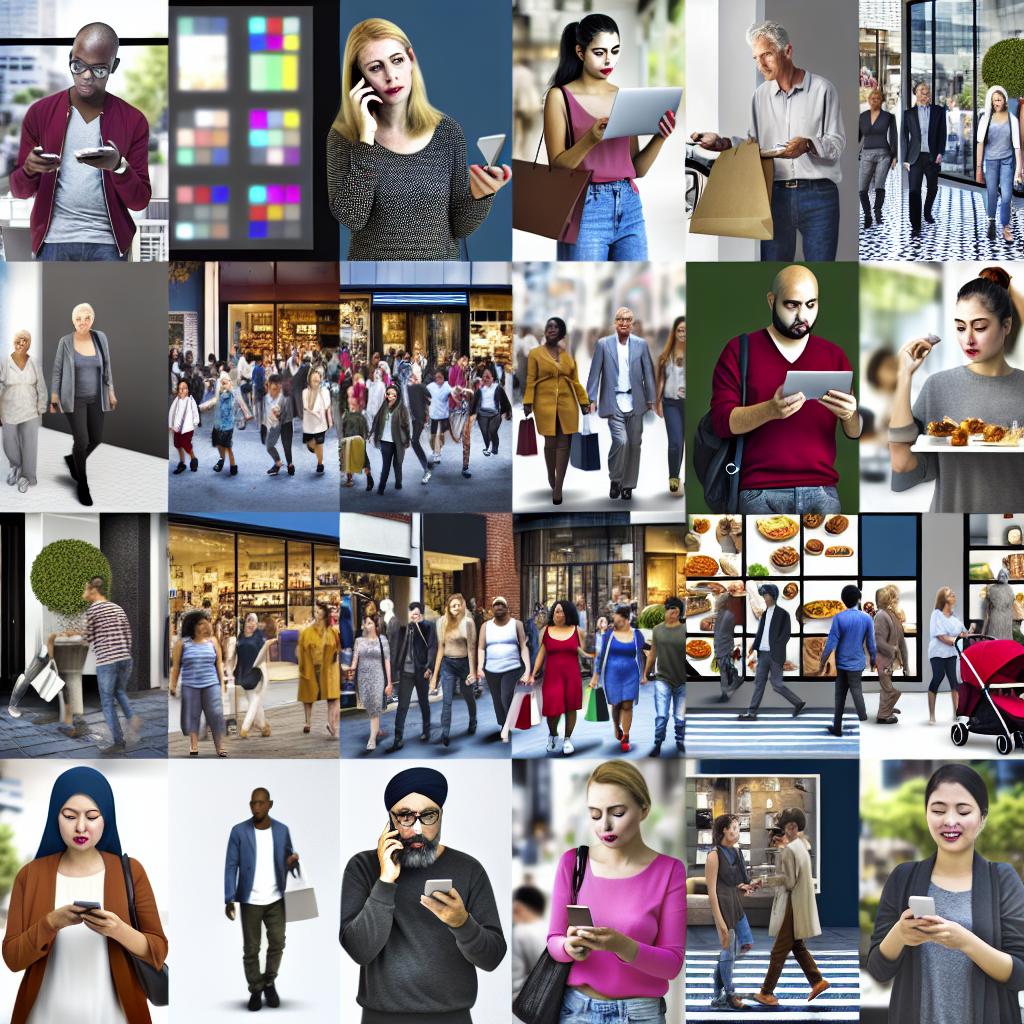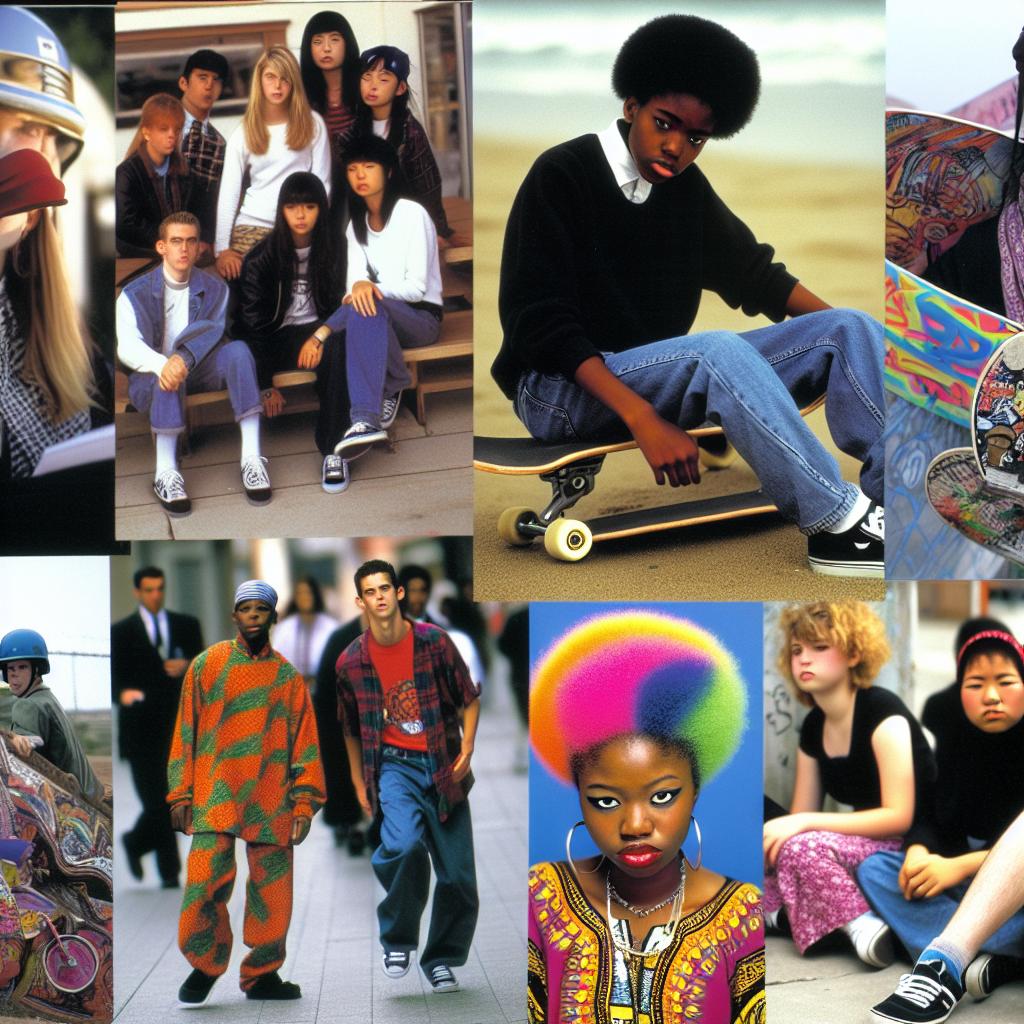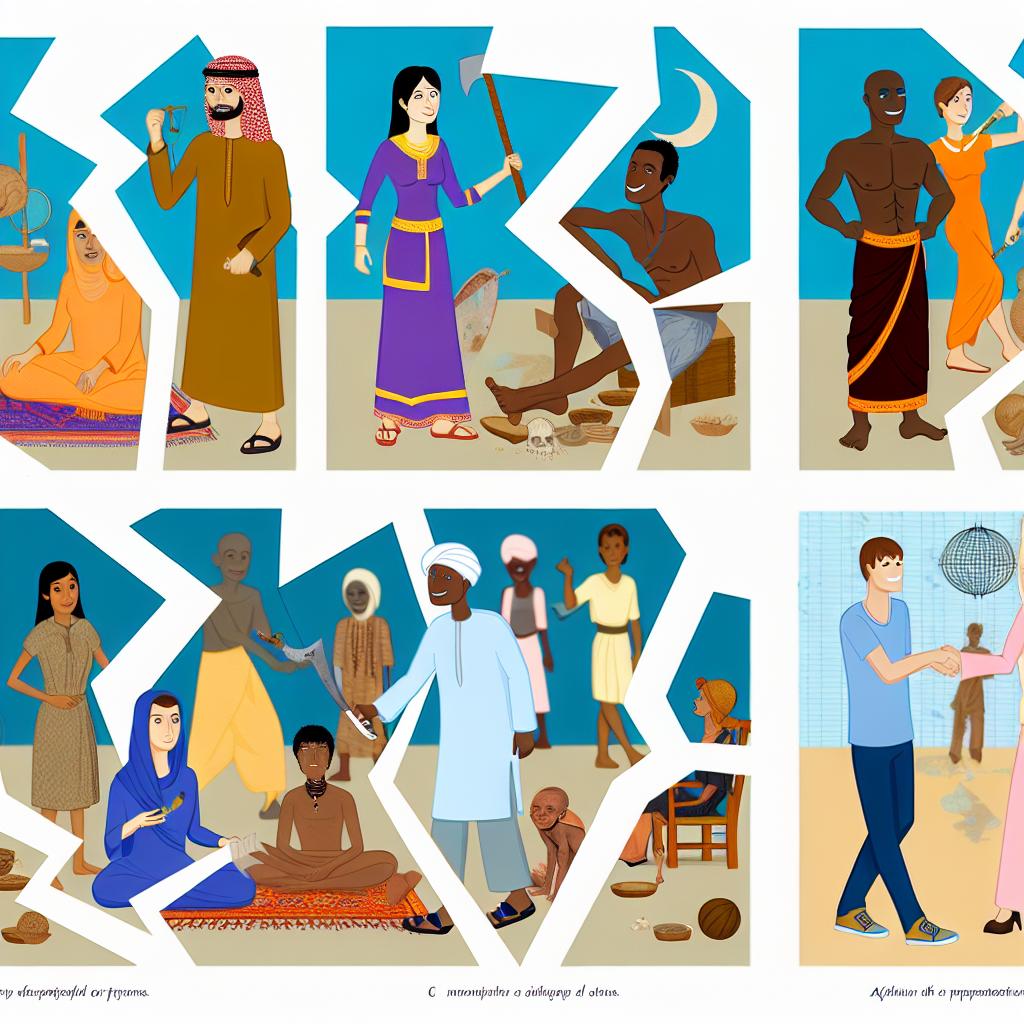The Relationship Between Consumer Culture and Identity
Consumer culture significantly influences personal and collective identities in contemporary society. This interplay between consumerism and identity formation reflects broader social, economic, and cultural dynamics. Understanding this relationship requires examining how consumer goods and practices contribute to an individual’s self-perception and societal role.
Consumer Culture Defined
Consumer culture refers to a societal framework where buying and consuming goods and services is not only an economic activity but also carries considerable social and cultural significance. It highlights the importance of material possessions in seeking meaning and identity. The rise of consumer culture has been a hallmark of modern capitalism, where access to goods and services extends beyond basic needs to symbolic needs for self-expression and social status.
The Role of Commodities in Identity Formation
Commodities play a pivotal role in shaping an individual’s identity. Through the selection and use of specific products, individuals express their personal tastes, preferences, and affiliations. This can be seen in choices of fashion, technology, and lifestyle products, where each item contributes to how individuals present themselves to the outside world. By choosing particular brands and products, people signal their aspirations, values, and even political beliefs.
Within this context, it becomes apparent how everyday decisions regarding which smartphone to purchase or which clothing brand to wear are loaded with symbolic weight. These choices go beyond mere functionality; they are imbued with socio-cultural significance. An iPhone, for example, is not merely a communication device but a symbol of modernity, technological savvy, and sometimes affluence. Similarly, a vintage clothing selection might communicate an affinity for sustainability, history, or individuality.
The experiences of using consumer goods also contribute to a person’s narrative. The very act of consumption, from shopping in luxury malls to browsing through thrift shops, writes a story of the consumer’s personality and preferences. It can reflect attitudes toward economic stability, eclectic choices, and more profoundly, life philosophy.
Brand Identity and Loyalty
Brand identity significantly influences consumer behavior and identity construction. Brands often embody specific values and narratives that consumers find appealing, fostering a sense of loyalty and identification. This connection between consumers and brands can imbue products with meaning beyond their functional use, transforming them into symbols of personal identity or social belonging.
The engagement consumers have with brands transcends the transactional. Through marketing strategies and storytelling, brands create an emotional resonance with customers. When a brand successfully aligns with a consumer’s personal narrative or desired identity, it earns loyalty that is both powerful and enduring. For instance, an individual may choose a brand like Patagonia not just for its high-quality outdoor wear but because it aligns with their environmental values and love for adventure.
Moreover, initiation into brand communities, such as followers of high-end fashion houses or technology enthusiasts, offers an additional layer of identity. Inside these communities, members find a shared identity that bonds them to each other and to the brand, fostering a collective identity that can be as influential as individual identity formation.
Impact on Social and Cultural Identities
Consumer culture also shapes social and cultural identities by influencing group dynamics and societal norms. For instance, certain consumer practices become cultural markers that differentiate groups, such as the association of specific fashion styles with particular subcultures. Additionally, global consumer culture can lead to the homogenization of cultural identities, where local customs and traditions become overshadowed by international brands and media.
The prevalence of consumer culture on a global scale has thus created a shift in cultural landscapes. Distinct fashion trends originating from particular communities—such as punk, hip hop, or bohemian styles—serve as an external expression of cultural identity. Individuals who align with these subcultures often adopt the corresponding consumer preferences as a means of demonstrating their affiliation and solidarity.
A consequence of this cultural influence is the tension between globalization and local identity. As global brands like McDonald’s, Nike, and Apple become ubiquitous, they often overshadow local businesses and traditional practices. For some, this results in the loss of unique cultural identities as global consumer culture creates a more homogenized world. Others, however, may resist this trend, actively seeking out and promoting local artisanship and traditional products as a form of cultural preservation and identity affirmation.
Consumerism and Identity Conflicts
While consumer culture offers avenues for self-expression, it can also lead to identity conflicts. The pressures to conform to consumer trends or achieve a specific lifestyle often create tension between an individual’s authentic self and the societal expectations symbolized by consumer goods. In some cases, this results in an internal conflict between personal values and consumer-driven desires, challenging an individual’s sense of identity.
The desire to fit into consumer culture norms can compete with one’s authentic feelings and beliefs, particularly when marketing persuades individuals to redefine themselves based on external standards. For instance, the promotion of luxury cars or designer clothes may lead some individuals to pursue these symbols of success to align with societal views on status, even if these choices contradict their commitment to minimalism or financial prudence.
These conflicts highlight a dichotomy faced by individuals navigating consumer culture—the pull between authenticity and aspiration. Individuals may struggle to reconcile their personal values with consumer-driven pressures, such as the expectation to maintain a certain lifestyle, which is often depicted as a marker of success in contemporary society. This can lead to feelings of inadequacy or dissatisfaction if the perceived ideal remains out of reach or is not aligned with one’s true self.
Concluding Thoughts
The link between consumer culture and identity is complex and multifaceted. As consumers navigate the array of products and brands available, they continually construct and negotiate their identities. Understanding this dynamic relationship offers insights into broader societal trends and individual behaviors, shedding light on the profound impact of consumer culture on our lives.
This relationship embodies the modern challenge of self-definition amidst consumer influences. It encourages reflection on how products and brands shape perceptions of who we are and who we aspire to be. As people engage with consumer culture, they may benefit from a conscious and reflective approach to consumption—one that balances aspirations with authentic values, ultimately fostering a more equitable and self-aware societal landscape.



